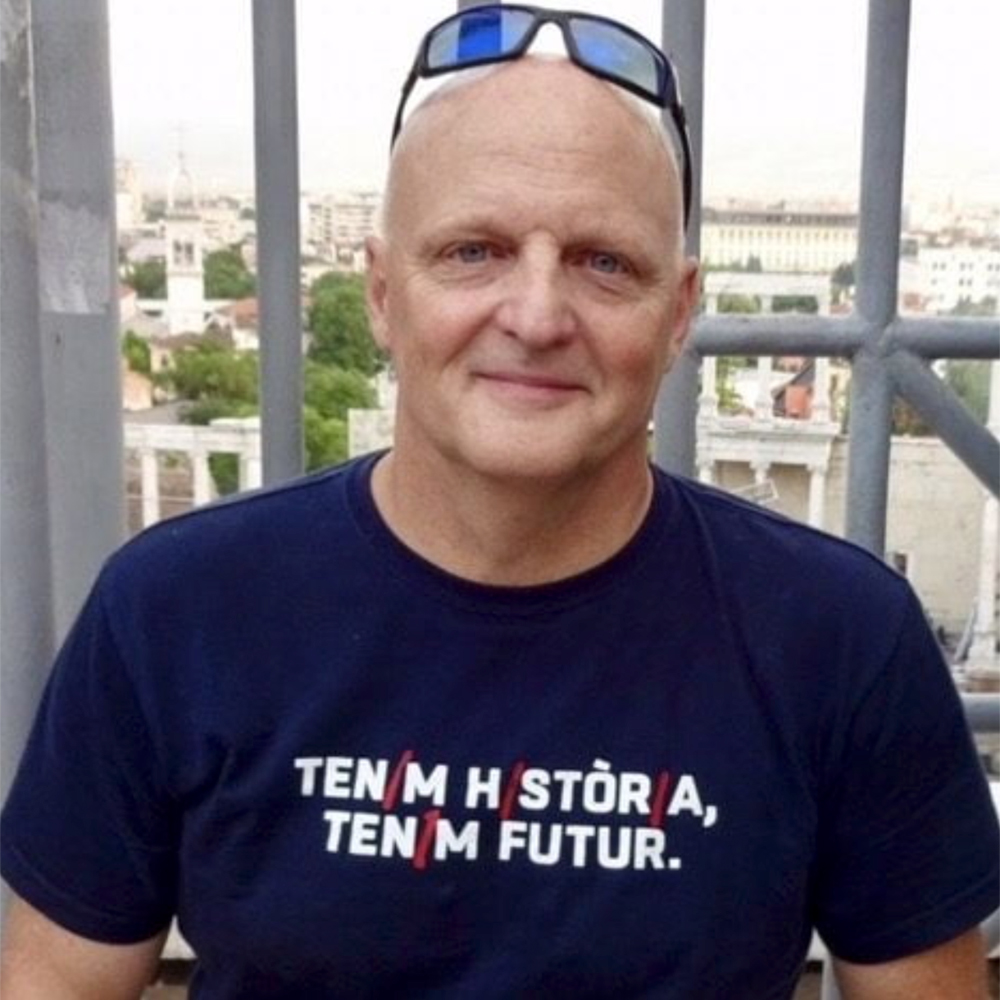[The following is an excerpt from Thomas Harrington’s book, The Treason of the Experts: Covid and the Credentialed Class.]
It is important in these days of constant calls to heed the advice of “experts” on the spread of the Coronavirus to recall the intimate historical links between the concept of technocracy and the practice of authoritarianism.
As soon as the ideal of a truly representative democracy moved to the center of European and American life at the end of the 19th century, those slated to lose power under this new social order began touting the advent of a supreme modern wisdom, transcendent of disputes, that would spare us all the inherent messiness and inefficiency of government by and for the people.
Interestingly, Spain played a key role in the development of this ideological current.
During the 1920s and 1930s, it took on a form known as “anti-parliamentarianism,” which held that only a clairvoyant class of military patriots, unencumbered by ideology, could save the country from the immobilism and corruption generated by party politics.
When, after the Spanish Civil War and World War II, the idea of social salvation by men in uniform had lost much of its earlier luster, these efforts to save the people from themselves shifted their focus from the military to men of science, broadly understood. The term technocrat first came into wide usage in the late 1950s when Spanish dictator Francisco Franco entrusted the management of his country’s economy to a group of thinkers from the ultra-right-wing Catholic organization Opus Dei.
These men, who would engineer a shift from a policy of nativist protectionism to one much more centered on foreign investment were many things. But people without ideology, they were not. That, however, did not prevent the regime, and its many new banker friends around the world from presenting them as exactly this. And sadly many outside observers came to believe it.
The central conceit of technocratic thought was, and is, that there exists in data-based, scientific knowledge a clarity, that if bottled and distributed correctly, will free us from all types of noisome and unproductive debate.
However, both the past and present proponents of this wonderfully appealing construct tend to forget a very important thing: that those who collect data and interpret it are social beings, who are therefore also political beings, and thus, by definition, non-objective in their selection and deployment of the “facts.”
This makes their pose of being above politics perniciously dangerous for society. Why? Because it puts all of us in the position of having to implicitly accept their wisdom as neutral, and beyond retort, even as they actively inscribe it with all sorts of epistemological and ideological biases.
There is perhaps no more clear example of this than recent campaigns to free the internet from so-called “fake news” and supposed efforts to “incite violence.”
In regard to the first goal mentioned here, it should be remembered that truth, especially truth in socially-nested acts and political positions only ever exists in approximate form.
Or to put it more simply, outside the world of basic affirmations of very concrete material realities, there is no such thing as 100 percent real news. Rather, there is a spectrum of interpretive possibilities regarding the verisimilitude of the claims being made by various actors about this or that phenomenon. Seriously getting to the bottom of things is always a relatively disordered and uncertain business that seldom results in unassailable conclusions.
And yet we now have companies tied umbilically to the US-EU-Israeli axis of military and business power now telling us that they have algorithms that can free us from that inherent messiness by eliminating “fake news” from our screens.
Do you really think they have no ulterior motive in offering this supposed service to us? Do you really think that the operative notions of “fakeness” and “misinformation” in their algorithms won’t in some way, perhaps even in large measure, be conflated with ideas those from this power configuration view as having the potential to undermine their particular strategic goals?
In regard to the aim of freeing us from hate speech and incitement to violence, is it really objectively true – indeed can it ever be determined to be objectively true – that singing the praises on the Internet of, say Hezbollah, is inherently more an incitement to violence than praising the US military and its mortal powers in the ways that have become almost obligatory in our public spaces and celebrations?
Though you or I might not see it that way, the paramilitary group based in southern Lebanon is, for many around the world, a heroic resistance force that is fighting against what they see as serial encroachments upon their land and their way of life.
And then there is the not-so-small matter of numbers of people maimed and killed. When we look at the statistics side-by-side there is not even a shadow of a doubt as to who has killed or maimed more people in the Middle East. The US military is so absurdly ahead in this game of – to use one well-known definition of terrorism – employing “violence or the threat of violence, especially against civilians, in the pursuit of political goals,” it isn’t even funny.
But the last I heard, no algorithm was being developed for saving the denizens of cyberspace from those fulsomely praising our championship killing machine. This, even when its online partisans use hyper-aggressive and ethnically insulting language to justify past murders, or to bless the commission of new ones.
And yet, this grossly disparate treatment of two fighting forces, which can only be explained in terms of the embedded ideological predilections of those running the operation, is consistently presented to us in the language of above-the-fray technical neutrality.
That most people in the country apparently buy into this transparently lame technocratic apology for flat-out discourse control is perhaps the most frightening aspect of it all.
If we are really interested in democracy, we cannot passively cede to the ethos of technocratic management that our lazy and cowardly politicians and their media servants are now relentlessly foisting upon us.
Join the conversation:


Published under a Creative Commons Attribution 4.0 International License
For reprints, please set the canonical link back to the original Brownstone Institute Article and Author.









